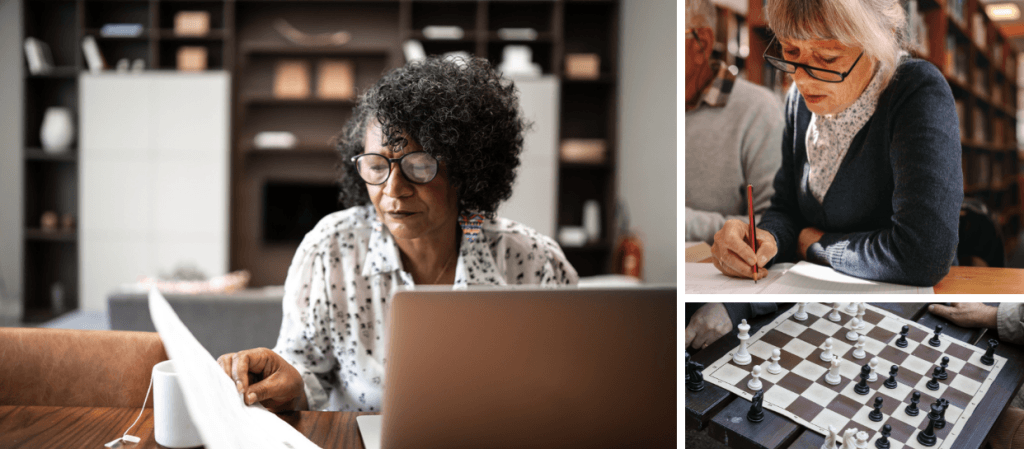
There is a new Silver Economy – the economic opportunities associated with the growing expenditures of those that are 50+. Senior citizens are increasingly recognised as a new and powerful consumer class. The ageing population will have an impact on the future like at no other time in history forcing a change in everything from cities, transport, and consumption to relations between countries, and for that to be positive, rapid policy changes are needed. Furthermore, technology could enable most ageing people to continue with their independent lifestyles. Healthcare stakeholders should collaborate to build a more open, transparent network of digital health ecosystems that puts the patient at the centre of care, granting the independence and adoption that is needed.
Ageing will have an effect on technology, education, quality of life, income, and welfare. If we look at this list, technology and education are two factors that are also directly related to the events industry, where especially in the past two years we have experienced a technological leap with virtual and on-demand online education. The consumer adoption rate has been at an all-time high as well.
With a healthier older population that works longer and spends more, cares more and volunteers more, there are a lot of opportunities that lie ahead, unlike what many economists have predicted that an ageing population would have only negative impacts on societal systems. However, there is a paradox, especially when it comes to technology’s role in the continued development of ageing seniors, who are often considered low adopters of innovations. Artificial intelligence (AI) technologies have the potential to bridge that gap, as AI is revolutionising many fields including public health and medicine for older people helping predict health risks and events, supporting the personalisation of care management, and more.
A survey by McKinsey of digital health stakeholders found that success requires an integrated approach that delivers convenience and impact across the patient journey. This survey, as well another published by Imperial College London, identified that for data-driven healthcare to succeed, it must be built upon a platform of trust.
Here is the opportunity for associations – to create events and other educational offerings, that are optimised by technology and AI, to deliver a custom experience to seniors. The opportunity must be seized now, working with current members, so that once they reach that age, they can continue their engagement and continue to be active after 65. Tapping into seniors’ rich experience and helping them grow and learn in their field can unlock new opportunities for the young in the field too. New opportunities and positions developed for these age groups can also ensure support, so that both ends of the working spectrum support each other, their fields, and the individuals, operating in well-functioning societies.
Event professionals can also leave a legacy by ensuring inclusivity for seniors. Working more with locals from different age groups is one way. Having hostesses that are energetic local seniors can ensure support for their mental and physical health. Expanding our thinking and creating new positions will unlock a healthy lifestyle for the senior adults – and ourselves, in a few years.
What do you think would be the next step towards unlocking the hidden opportunities for events in the new Silver Economy?
By Ori Lahav, VP Clients & Operations
See our latest Original Event on the topic: Independent Ageing 2022 – Innovative Solutions & Technologies for the Ageing Population.
